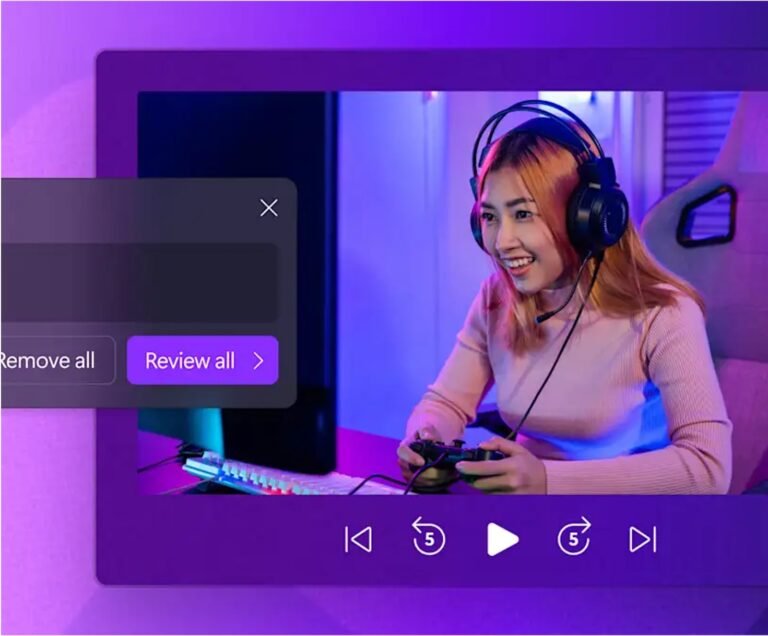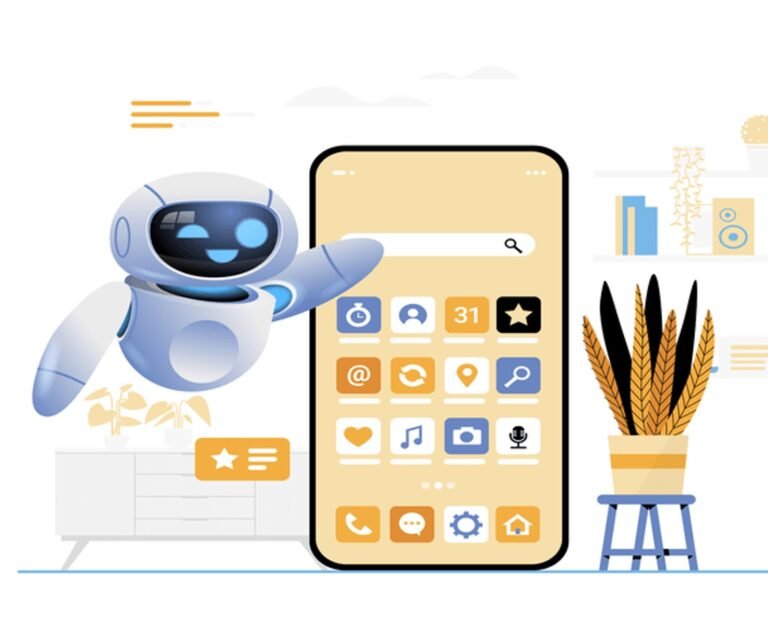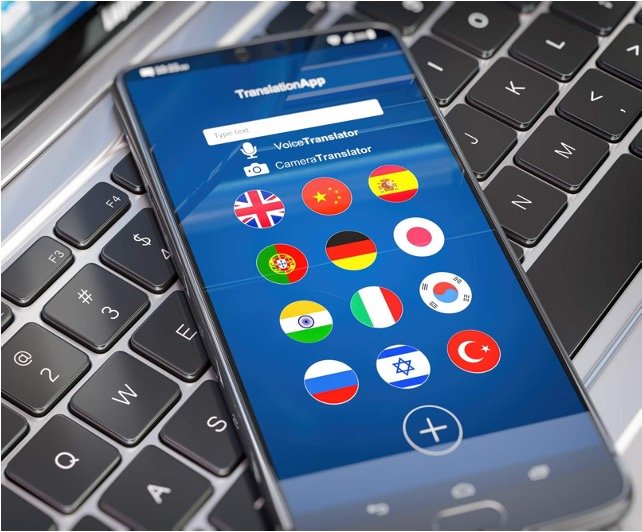10 Best AI AI Assistants 2023
The market for AI assistants has been expanding exponentially, leading to fierce competition. Let’s delve into the top 10 AI assistants for 2023:
10 Best AI Assistants
1. Siri
Siri, Apple’s renowned AI assistant, requires no introduction. Harnessing natural language user interfaces and voice queries, Siri can perform a myriad of useful functions. Available on iOS, macOS, and iPadOS, it adapts to your language, preferences, and search history. Siri excels in answering questions, making recommendations, making calls, dictating locations, and accessing internet services.
Pros
- Wide availability across Apple devices.
- Personalized and adaptive to user preferences.
- Natural language user interface.
- Useful for a broad range of tasks, from answering questions to making calls.
Cons
- Limited to Apple’s ecosystem.
- Some users may prefer more in-depth functionality.
2. Fireflies
Fireflies, another stellar AI meeting assistant, simplifies your work life. With its prowess in NLP, it eliminates the need for manual note-taking during meetings. Record, transcribe, and search your voice conversations effortlessly on an intuitive platform. The Chrome extension allows you to capture meetings and calls directly from your browser.
Pros
- Automatic recording and transcription of meetings.
- Seamless integration into web-conferencing platforms.
- Easy collaboration with teammates.
- Powerful search function for quick review of meeting content.
- Chrome extension for convenient access.
Cons
- Primarily designed for meeting-related tasks.
3. Otter
Meet Otter, the AI meeting assistant that takes productivity to the next level. Otter records audio, takes notes, captures slides, and even generates summaries during your meetings. Collaborate with your team in real-time, add comments, highlight key points, and assign action items. With seamless integration into Google and Microsoft calendars, Otter can automatically join and record your meetings on Zoom, Microsoft Teams, and Google Meet.
Pros
- Seamless meeting recording and note-taking.
- Real-time collaboration features.
- Integration with popular calendars and conferencing platforms.
- Automatic capture of slides for comprehensive meeting notes.
- Time-saving automatic summary generation.
Cons
- Limited functionality outside of meeting-related tasks.
4. Cortana
Cortana, Microsoft’s answer to Siri, relies on NLP and the Bing search engine to provide personalized recommendations. It collaborates seamlessly with Windows and various third-party apps. Cortana is compatible with Windows 10, Windows Mobile, Android, Alexa, and Mixed Reality (MR). Notably, it prioritizes privacy by allowing you to view and edit the data it stores.
Pros
- Works with various Windows and third-party apps.
- Privacy-focused with user data control.
- Compatible with multiple platforms.
- Provides personalized recommendations.
Cons
- Cortana’s market presence has diminished compared to other assistants.
- Not as widely adopted as other AI assistants.
5. Alexa
Alexa, Amazon’s AI-powered virtual assistant, has soared in popularity over the years. It leverages voice interaction, NLP, and voice queries to perform a wide range of tasks, from creating to-do lists and setting alarms to playing audiobooks and providing real-time information on traffic, news, weather, and sports. The distinctive wake-up word sets Alexa apart, allowing for easy activation on over 100 million devices.
Pros
- Available on a vast range of devices.
- Versatile for managing tasks, playing music, and providing real-time information.
- Wake word activation for convenient use.
Cons
- Limited customization options compared to other AI assistants.
- Privacy concerns regarding voice recording and storage.
6. Murf
Murf, a leading AI text-to-speech generator, is a favorite among professionals in various fields, including product developers, podcasters, educators, and business leaders. It empowers you to convert text into speech, voice-overs, and dictations with remarkable customization options. With over 100 AI voices across 15 languages, you can fine-tune accents, tones, and more.
Pros
- Extensive customization options for text-to-speech conversions.
- A wide variety of AI voices and dialects.
- Built-in video editor for enhanced voiceovers.
- Voice changer for creative audio production.
- Speech recognition technology for natural voice generation.
Cons
- May have a steeper learning curve for those new to voiceover production.
7. Google Assistant
Google Assistant, launched in 2016, has solidified its position as one of the most advanced AI assistants on the market. Its wide-reaching integration with devices, such as smartphones, headphones, home appliances, and cars, has been made possible through partnerships with numerous companies. Boasting compatibility with 10,000 devices across 1,000 brands, Google Assistant shines in voice and text entry, voice-activated control, task completion, reminders, appointments, and real-time translation.
Pros
- Wide compatibility with a multitude of devices.
- Highly advanced with features like real-time translation.
- Voice-activated control for convenience.
- Extensive device and brand integration.
Cons
- Some users may have privacy concerns due to data collection.
- May not be as tightly integrated into non-Google ecosystems.
8. Youper
Youper is a leading AI-powered emotional health assistant available on iOS and Android. It empowers users to manage their emotional well-being through quick, personalized conversations. By tracking your mood and feelings, Youper harnesses AI to deliver tailored meditations. It’s consistently ranked as one of the best mental health apps, making emotional well-being easily accessible.
Pros
- Focused on improving emotional well-being.
- Offers personalized meditations and mood tracking.
- Available on both iOS and Android.
- Conversational approach for engaging user experience.
Cons
- Limited to emotional health support.
- May not substitute for professional mental health services when needed.
9. ELSA Speak
ELSA Speak, a unique AI-powered app, caters to language learners seeking to master English pronunciation. It facilitates interactive practice through short dialogues and offers instant feedback, leading to rapid progress. With over 4.4 million downloads and 3.6 million users across 101 countries, ELSA Speak is a testament to the power of AI in education.
Pros
- Effective tool for improving language pronunciation.
- Provides instant feedback for learners.
- Available on both Android and iOS platforms.
- Interactive practice through short dialogues.
Cons
- Focuses exclusively on English language learning.
- May require internet access for optimal use.
10. Socratic
Socratic is a lifesaver for students, offering AI-powered assistance with math and homework. The app allows students to capture images of problems, which are then dissected and explained using AI. Whether you’re tackling science, math, literature, or social studies, Socratic’s text and speech recognition capabilities have got you covered. Available on iOS and Android, this app simplifies the learning process.
Pros
- Valuable aid for students in various subjects.
- Visual explanations of concepts.
- Text and speech recognition for ease of use.
- Availability on iOS, Android, and iPad.
Cons
- Primarily designed for educational purposes.
- Limited to subject areas suitable for visual explanations.
FAQs About AI Assistants
What is an AI assistant, and how does it work?
AI assistants are software programs that use advanced technologies like Natural Language Processing (NLP) to understand and respond to voice and text commands. They function by interpreting your input, processing it, and then executing tasks based on the command provided.
Are AI assistants secure and privacy-conscious?
The level of security and privacy varies depending on the AI assistant and the provider. Some assistants, like Siri and Cortana, offer privacy controls, while others may have concerns about data storage and usage. It’s essential to review the privacy policies and settings for each assistant to make an informed decision.
Can AI assistants work on different platforms and devices?
Many AI assistants, like Google Assistant and Alexa, are designed to work across a wide range of devices and platforms. However, some assistants, such as Siri, are more restricted to specific ecosystems like Apple’s.
How do I choose the right AI assistant for my needs?
Choosing the right AI assistant depends on your specific requirements. Consider the tasks you want to accomplish, the devices you use, and your privacy preferences. For business-related tasks, Otter and Fireflies excel, while language learners might prefer ELSA Speak.
Are AI assistants suitable for educational purposes?
Yes, some AI assistants, like ELSA Speak and Socratic, are designed with educational purposes in mind. They can help learners with language pronunciation and provide explanations of various concepts.
Can I integrate AI assistants into my smart home devices?
Yes, many AI assistants, such as Alexa and Google Assistant, can be integrated with a wide range of smart home devices. They can control lights, thermostats, security systems, and more.
Are there any additional costs associated with using these AI assistants?
The costs associated with using AI assistants can vary. Some, like Siri and Google Assistant, are built into your devices and are free to use. Others may offer premium features or require subscription fees, so it’s essential to check the pricing structure for each assistant.
Can I use more than one AI assistant simultaneously?
Using multiple AI assistants concurrently is possible, but it may require careful management, as they might have overlapping functionalities. Some devices and platforms allow you to use different assistants side by side, but it can be complex to coordinate their actions.
What is the future of AI assistants?
The future of AI assistants is likely to involve even more seamless integration into our daily lives. We can expect increased personalization, expanded capabilities, and improved user experiences. As technology continues to advance, AI assistants are likely to play a more significant role in various domains, from healthcare to education.






